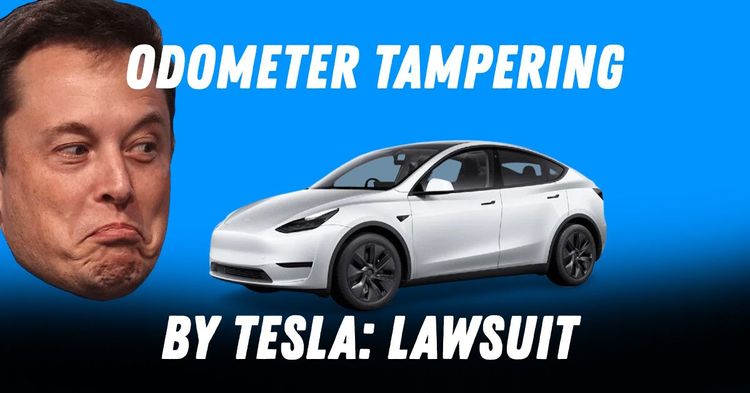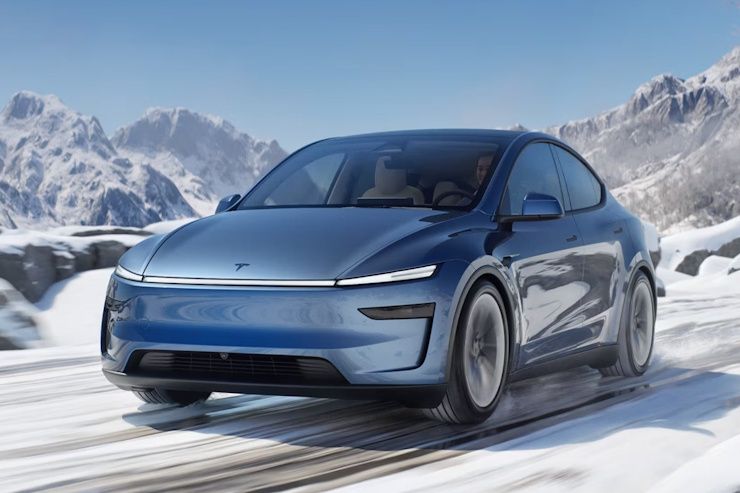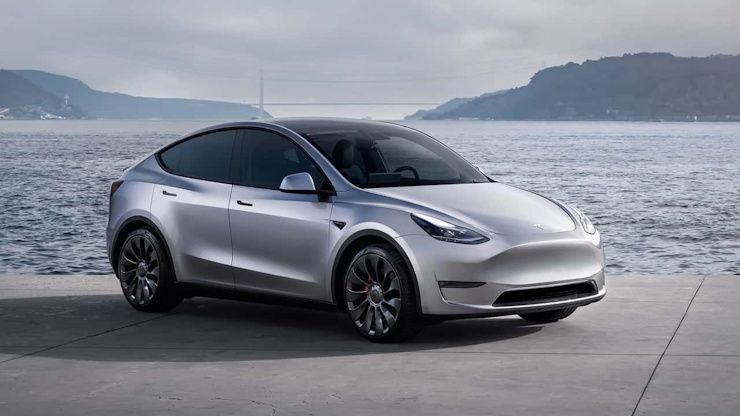Tesla Manipulated Odometer Readings To Void Warranties, Lawsuit Alleges



A new lawsuit in the United States has cast a spotlight on Tesla, the world’s leading electric vehicle manufacturer, with claims that the company has been artificially speeding up the odometers in its cars. This, the lawsuit alleges, causes vehicles to appear as though they have travelled further than they actually have, pushing them out of warranty coverage prematurely and shifting costly repair bills onto owners. The case, now moved to federal court in Los Angeles, has the potential to affect more than a million Tesla drivers in California alone.
The lawsuit was brought by Nyree Hinton, a resident of Los Angeles, who purchased a used 2020 Tesla Model Y in December 2022. At the time of purchase, the car’s odometer read 36,772 miles. Hinton, familiar with his own driving patterns and with other vehicles for comparison, soon noticed something odd: his Tesla’s odometer was logging miles at a rate at least 15% faster than his other cars. According to Hinton, the vehicle recorded an average of 72 miles per day, even though he rarely drove more than 20 miles daily.
This rapid accumulation of miles had significant consequences. Tesla’s basic warranty, which covers the first 50,000 miles, expired much sooner than Hinton expected. When his Model Y required suspension repairs, the bill came to $10,000—an expense he believed should have been covered under warranty, had the odometer been accurate.

At the heart of the lawsuit is the claim that Tesla’s odometer does not simply measure the actual distance travelled by the car. Instead, Hinton alleges, the reading is influenced by additional factors such as energy consumption, individual driving habits, and even predictive algorithms. This, he argues, results in an inflated mileage count that does not reflect the true use of the vehicle.
The complaint goes further, suggesting that by tying warranty limits and lease mileage caps to these inflated odometer readings, Tesla is able to reduce its own warranty obligations. Customers, the lawsuit claims, are compelled to purchase extended warranties earlier than necessary or pay out of pocket for repairs that should have been covered.
As of now, Tesla has not issued a public response to the allegations. The company, headquartered in Austin, Texas, does not have a traditional media relations office and has denied all material allegations in the lawsuit through its legal representatives. The case, which was initially filed in state court, has been moved to federal court, where it will be heard as a proposed class action. If certified, the class could include more than a million Tesla owners in California.
This is not the first time Tesla has faced legal scrutiny over its vehicle metrics. The company has previously been accused of exaggerating the driving range of its cars. In one such case earlier this year, a federal judge ruled that owners would need to pursue their claims through individual arbitration rather than as a group.
For current and prospective Tesla buyers, the lawsuit raises questions about the reliability of the information provided by their vehicles—and the fairness of the warranty terms. If the allegations are proven true, owners may have been misled about how quickly their warranties would expire, and could have faced unexpected repair costs as a result.
For now, the case remains unresolved. Hinton is seeking both compensatory and punitive damages, not just for himself but for all affected Tesla owners in California. The outcome could have significant implications for how automakers calculate and disclose odometer readings, and for the protections afforded to consumers in the fast-evolving electric vehicle market.
As the legal process unfolds, Tesla drivers across the country will be watching closely, keen to see whether the company will be required to change its practices—or compensate those who say they have been left out of pocket by a system they believe was designed to work against them.
And, as Tesla sets up shop—rather showrooms in India—buyers will wonder if they should trust the brand right away or wait till more clarity emerges. After all Tesla’s do have their set of problems and given its likely to be an import, fixing them would cost a fortune.